Latest articles by Morven Imray
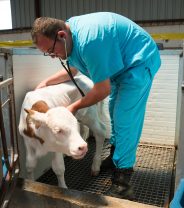
Animal Welfare
Livestock experience pain in various circumstances just as humans and other animals do, but they typically demonstrate signs of pain less readily, to avoid showing vulnerability within the herd or to predators. Adrenalin…
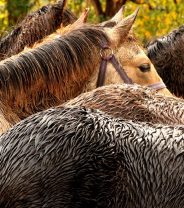
Health Condition
Caring for horses during the UK winter can be challenging at the best of times, with short daylight hours, wet weather and muddy ground conditions. As we aim to keep our horses, ponies and donkeys as healthy as possible…

Farm animal
Moments ago, rain was bouncing knee height off the ground but shortly it’ll be blue sky and fluffy white clouds again. Welcome to Scotland – if you don’t like the weather, wait an hour! Throughout the UK and beyond, weat…
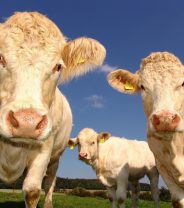
Cattle
Bovine Viral Diarrhoea (BVD) is a highly contagious disease of beef and dairy cattle. Endemic (ever present) within the UK for many decades, an estimated 90% of herds having been exposed to BVD. Despite the name, diarrh…
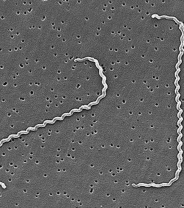
Cats
Leptospirosis - caused by infection with the spiral shaped bacteria Leptospira - can affect virtually all mammals, including humans and is found worldwide. It represents a One Health issue, in which the health of humans,…
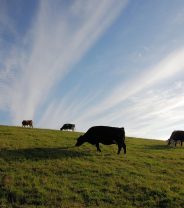
Cattle
Liver fluke is a common parasite mainly affecting cattle, sheep, camelids, deer, goats, rabbits and horses. Its life cycle relies on the environmental presence of mud snails as an intermediate host, for development of fl…
